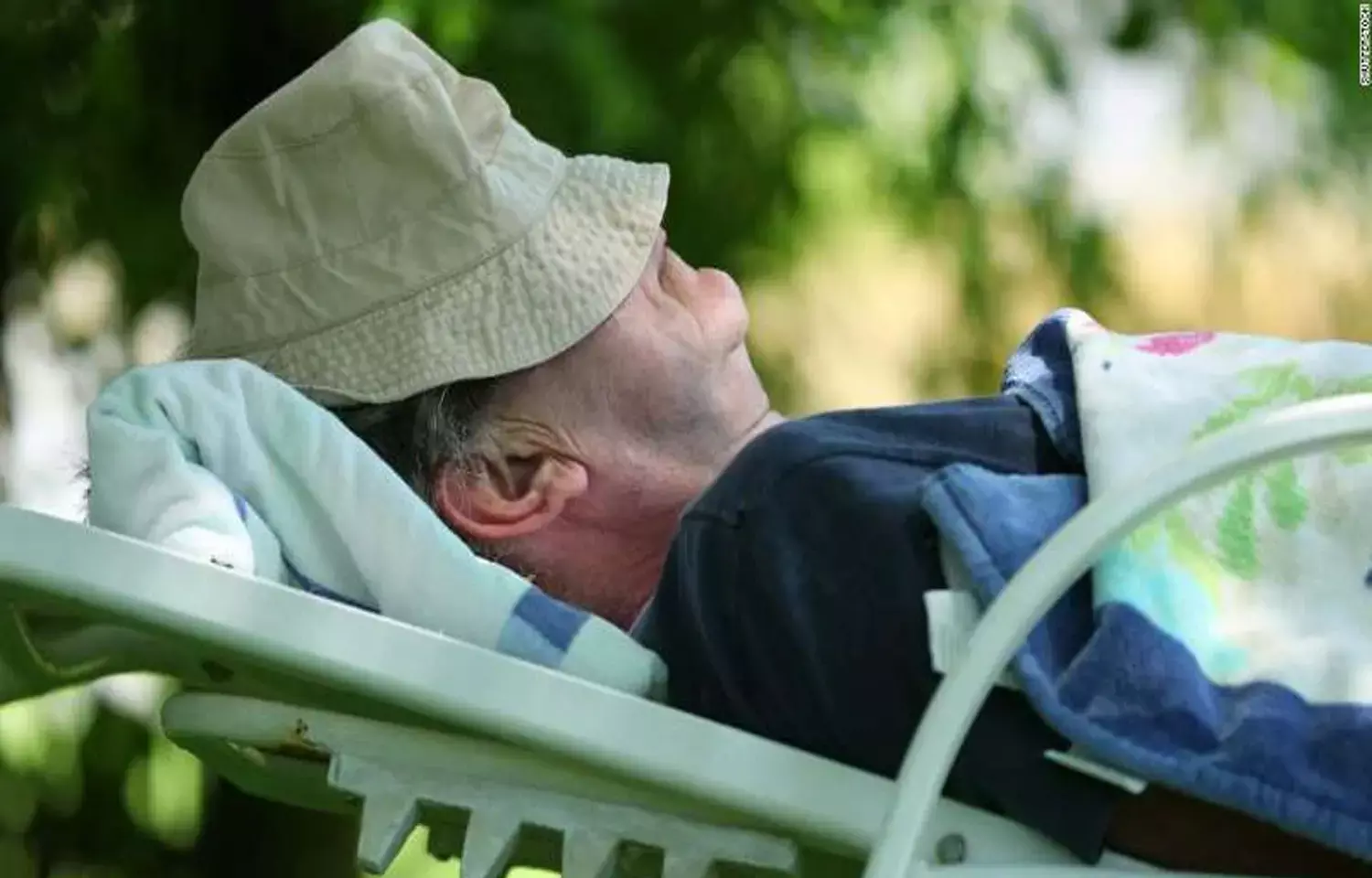- Home
- Medical news & Guidelines
- Anesthesiology
- Cardiology and CTVS
- Critical Care
- Dentistry
- Dermatology
- Diabetes and Endocrinology
- ENT
- Gastroenterology
- Medicine
- Nephrology
- Neurology
- Obstretics-Gynaecology
- Oncology
- Ophthalmology
- Orthopaedics
- Pediatrics-Neonatology
- Psychiatry
- Pulmonology
- Radiology
- Surgery
- Urology
- Laboratory Medicine
- Diet
- Nursing
- Paramedical
- Physiotherapy
- Health news
- Fact Check
- Bone Health Fact Check
- Brain Health Fact Check
- Cancer Related Fact Check
- Child Care Fact Check
- Dental and oral health fact check
- Diabetes and metabolic health fact check
- Diet and Nutrition Fact Check
- Eye and ENT Care Fact Check
- Fitness fact check
- Gut health fact check
- Heart health fact check
- Kidney health fact check
- Medical education fact check
- Men's health fact check
- Respiratory fact check
- Skin and hair care fact check
- Vaccine and Immunization fact check
- Women's health fact check
- AYUSH
- State News
- Andaman and Nicobar Islands
- Andhra Pradesh
- Arunachal Pradesh
- Assam
- Bihar
- Chandigarh
- Chattisgarh
- Dadra and Nagar Haveli
- Daman and Diu
- Delhi
- Goa
- Gujarat
- Haryana
- Himachal Pradesh
- Jammu & Kashmir
- Jharkhand
- Karnataka
- Kerala
- Ladakh
- Lakshadweep
- Madhya Pradesh
- Maharashtra
- Manipur
- Meghalaya
- Mizoram
- Nagaland
- Odisha
- Puducherry
- Punjab
- Rajasthan
- Sikkim
- Tamil Nadu
- Telangana
- Tripura
- Uttar Pradesh
- Uttrakhand
- West Bengal
- Medical Education
- Industry
Daytime napping increases risk of Alzheimer's disease in elderly: Study

USA: Yue Leng and colleagues reported in a recent study that older adults who take naps for more than an hour a day are at 40% higher risk for developing Alzheimer's disease (AD) versus their counterparts who took naps for less than one hour a day. Also, those who napped at least once a day were found to be at 40% higher risk for AD development versus those who did not nap once a day. The study appears in the journal Alzheimer's & Dementia.
The researchers' team from the USA further adds, "to the best of our knowledge, this is the first cohort study showing a bidirectional link between objectively measured, excessive daytime napping and Alzheimer's dementia or cognitive impairment."
In older adults, excessive daytime napping is frequently seen, mainly in those with Alzheimer's disease. This is proposed to be due to the arousal deficiency due to neuronal and neurotransmitter loss in wake-promoting neurons associated with tau tangles, one of the AD's pathological hallmarks. This results in sleep-wake disturbances and a higher propensity for daytime napping. Vice versa, excessive sleepiness during daytime, which may be a cause of long and frequent naps, has also been tied to faster cognitive decline or AD pathology build-up. However, the longitudinal relationship between daytime napping and cognitive aging is not known.
Against the above background, the researchers' team aimed to clarify the association between daytime napping and Alzheimer's dementia by unraveling how the evolution of napping is intertwined with cognitive aging or the progression of Alzheimer's dementia.
The longitudinal change of daytime napping inferred objectively by actigraphy was examined, and the association with incident Alzheimer's dementia during up to 14-year follow-up using data from 1401 participants of the Rush Memory and Aging Project.
The study showed the following findings:
- Older adults tended to nap longer and more frequently with aging, while the progression of Alzheimer's dementia accelerates this change by more than doubling the annual increases in nap duration/frequency.
- Longer and more frequent daytime naps were associated with a higher risk of Alzheimer's dementia.
- More excessive (longer or more frequent) daytime napping was correlated with worse cognition a year later, and conversely, worse cognition was correlated with more excessive naps a year later.
"We found the association between excessive daytime napping and dementia remained after adjusting for nighttime quantity and quality of sleep," Leng, co-senior author of the study, said in a UCSF press release. "This suggested that the role of daytime napping is important itself and is independent of nighttime sleep."
The researchers concluded, "excessive daytime napping and Alzheimer's dementia may possess a bidirectional relationship or share common pathophysiological mechanisms."
Reference:
The study titled, "Daytime napping and Alzheimer's dementia: A potential bidirectional relationship," was published in the journal Alzheimer's & Dementia.
KEYWORDS: older adults, Alzheimer's & Dementia, napping, daytime napping, dementia, cognitive impairment, Alzheimer's disease, Yue Leng, nap, cognition
Dr Kamal Kant Kohli-MBBS, DTCD- a chest specialist with more than 30 years of practice and a flair for writing clinical articles, Dr Kamal Kant Kohli joined Medical Dialogues as a Chief Editor of Medical News. Besides writing articles, as an editor, he proofreads and verifies all the medical content published on Medical Dialogues including those coming from journals, studies,medical conferences,guidelines etc. Email: drkohli@medicaldialogues.in. Contact no. 011-43720751


